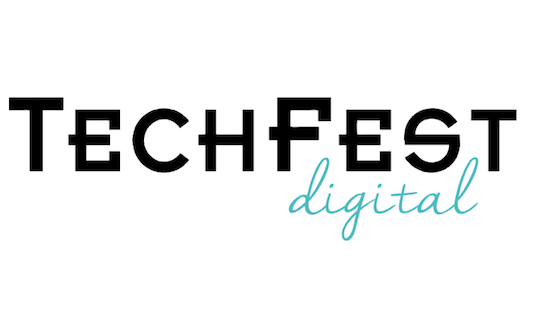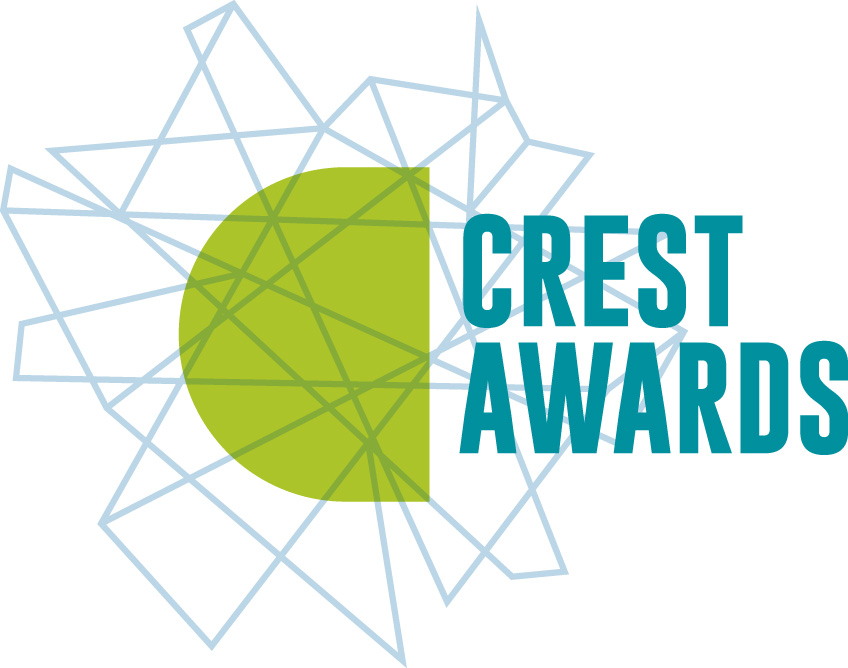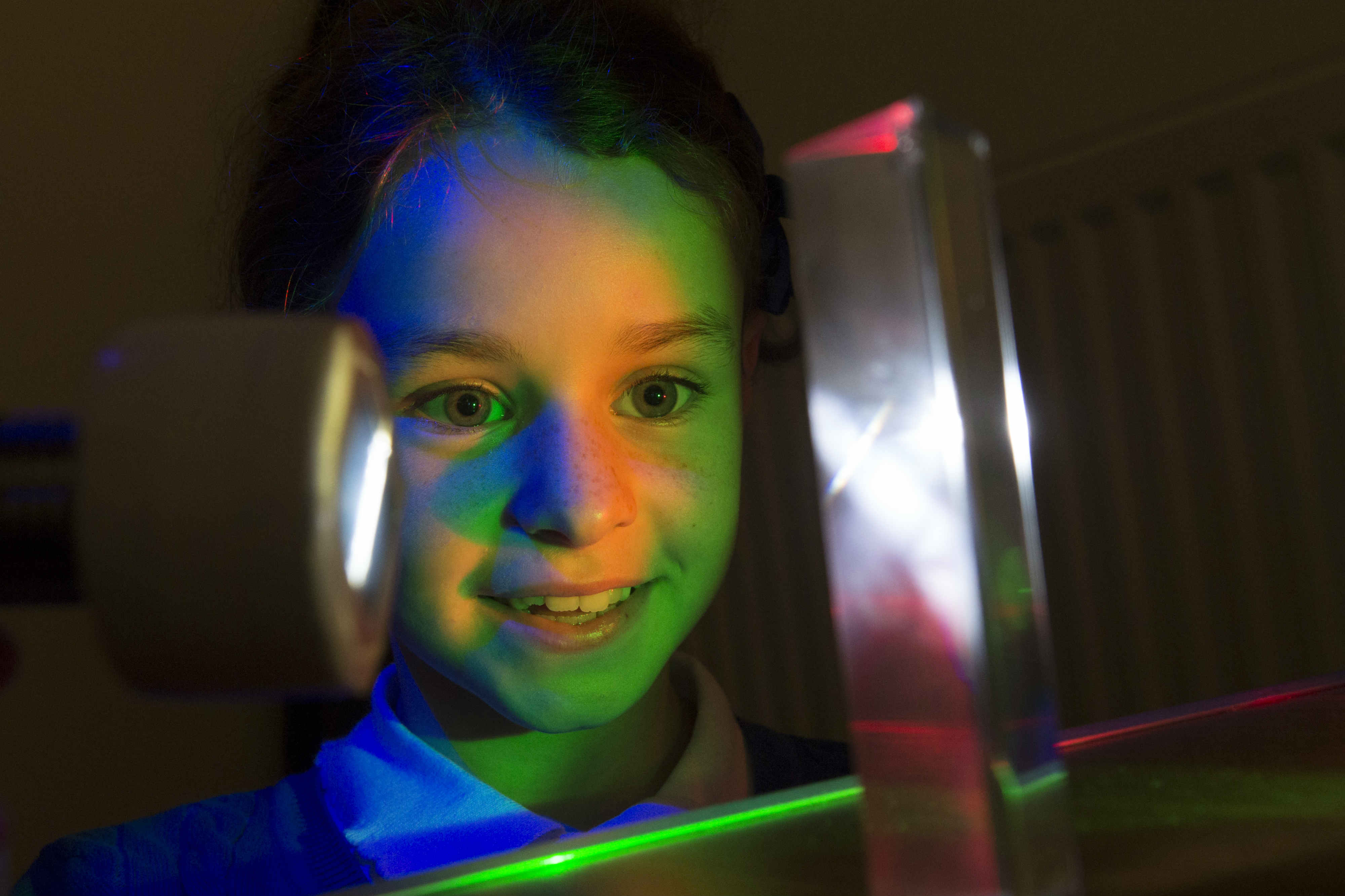
G-37551PM8X6


In partnership with the British Science Association, TechFest is working with schools to run a Machines of the Future Discovery Day event. TechFest will provide online teacher training to ensure that the participating teachers have everything they require to run the event in school. In addition, participating schools can apply for up to £500 funding to cover overhead costs (printing, paper, pens, etc.) and, as the project is sponsored by the British Science Association, each students Discovery Day CREST award will be paid for.
The Discovery Day project is aimed towards pupils from P6 up to S2.
This is a great project to introduce pupils at an early age to machine learning which is used in everyday life. The 5 hour project is made up of 3 workshops and includes a challenge where students get the opportunity to work in a group together to design a household product which uses machine learning.
1) Would you trust a machine? - students will sort out different potential machine learning jobs based on their usefulness and how much they would trust a machine to do the job.
2) Machine Learning now - students will look at video case studies, investigating how machine learning works in a real-life context, how different data and sourced are used in AI systems, and illustrating how these tools use machine learning.
3) Teach a Machine - in groups students experiment with machine learning using a range of different AI powered tools.
Challenge - Students will work in groups to research and plan to design a household product with the opportunity to present their work at the end of the Discovery Day.
Watch below a video of Professor Brian Cox explaining why this a great opportunity for schools to get involved with and to get a real feel for the project.
Disclaimer: Limited number of places available, applications not guaranteed.
For enquiries and how to sign up please contact Kirsty Cranna on email at This email address is being protected from spambots. You need JavaScript enabled to view it.
For more information visit the Machines of the Futures materials which are available on the CREST website.

CREST Awards are now free in Scotland. Please use the code T22echFest56 to order your certificates at no cost, which also supports TechFest.
Visit CREST Award at Home page for great resources!
There are six CREST Award Levels, allowing students to progress through the scheme throughout their education. CREST offers educators an easy-to-run framework for curriculum enhancement and is student-led, encouraging young people to take ownership of their own projects. The Awards are well regarded, high quality and a tangible recognition of success. CREST can be run in schools, clubs, youth groups, other organisations or at home.

The CREST Awards provides a framework for STEM project work that supports all students, not just future scientists, to leave school with the skills and confidence to discuss and shape scientific and technological advances in society, whatever their career choices.
Enquiry-based approach
CREST encourages pupils to learn by solving a problem or answering a question, rather than simply following instructions or being presented with information. The emphasis is on the process, not on finding a ‘right’ answer. By encouraging students not to view STEM as learning facts and doing experiments, but as sharing ideas and asking questions, the CREST Awards help to develop a culture of ‘everyday science’, bridging learning and supporting cross-curricular education.
Scientific process
CREST provides opportunities for students to experience the scientific process. We believe that supporting young people to experience behaving like a scientist or engineer, and lead their own project, will support young people to put into practice transferable skills such as observation, thinking, reasoning and communication. The knock-on effect is a space for young people to be innovative and creative, and to develop their problem-solving skills.
Real-world context
We believe that encouraging students to lead their own projects on topics that connect to their everyday experiences, enables young people to explore the relevance of STEM subjects to their lives, and motivates them to respond positively to challenges.
| Star | Superstar | Discovery | Bronze | Silver | Gold | |
| Time commitment | 8 x 1 hour activities | 8 x 1 hour activities | 5+ Hour project | 10+ Hour project | 30+ Hour project | 70+ hour project |
| Recommended Age | 5-7 | 7-11 | 10-14 | 11-14 | 13-16 | 16+ |
| Key Benefits | Introduces children to investigative learning. | Widens children’s perception of what STEM subjects are. | Great for STEM enrichment days, or transition projects. | Provides real-life experience of “being” a scientist. | Improves GCSE grades and increases interest in continuing STEM education. | Enhances UCAS personal statements and is well regard by employers. |
Project ideas can be created by students, teachers, organisations or local businesses – ideally, the decision should be student-led so that they choose a topic they are interested in investigating. There are three categories of CREST project to choose from: Research/Investigation, Design/Making; and Science Communication.
Have a look at the British Science Association's overview of Project REsources to get some tips about how to support your students.
CREST Awards can be undertaken at school or college, within an after school club or youth group setting, or by participating in one of our accredited link schemes (i.e. EDT projects, Nuffield Scheme, RZSS Summer School, Geobus etc.)
Once students have completed their project work, they are individually assessed and successful students will receive a personalised certificate.
Register for free for a CREST Account and access to all project application and support materials at: http://www.crestawards.org/register-your-award/.
The CREST Regional Support Organisation for Scotland is TechFest.
For advice about undertaking CREST Awards in Scotland, please contact Kirsty Cranna by email at This email address is being protected from spambots. You need JavaScript enabled to view it..